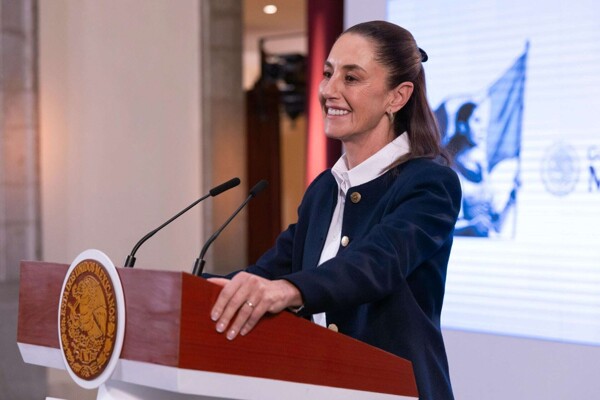
President Claudia Sheinbaum announced a series of measures to strengthen Petróleos Mexicanos (Pemex). Among the highlighted measures is a new tax regime that involves the payment of a unique tax and an austerity plan estimated to generate savings of 50 billion pesos.
Regarding the new tax regime, it was reported that Pemex will only have to pay the "Petroleum Rights for Well-Being," with a general rate of 30 percent. It is expected that this change will be included in the Economic Package for the year 2025, and will be complemented with secondary laws planned for February of next year. The Undersecretary of the Ministry of Finance, Edgar Amador, emphasized that this tax simplification will not impact revenue and mechanisms will be developed to meet the financial commitments of the state-owned enterprise efficiently.
On the other hand, it was mentioned that the goal of the tax modification is to merge the three rights into a single royalty, maintaining a similar tax burden level to the previous regime. According to experts like Pablo Medina from the consulting firm Welligence, this could have a neutral effect on Pemex's finances.
Regarding the financial impact of these decisions, Lorenzo Meyer, an independent advisor of Pemex, highlighted the importance of freeing the company from financial burdens, as the accumulated debt with suppliers could affect its operations and production in the medium term.
With respect to the austerity plan, Víctor Rodríguez Padilla, general director of Pemex, announced the integration of the three subsidiary companies into a single entity, with the goal of reducing costs and simplifying operations. This measure, according to Susana Ivana Cazorla from SICEnrgy & Madero, seeks greater efficiency in the regulation and operation of the state company.
In conclusion, the decisions made by Pemex aim to strengthen its financial and operational situation through a new tax regime and an austerity plan that will allow for more efficient and sustainable management over time.














